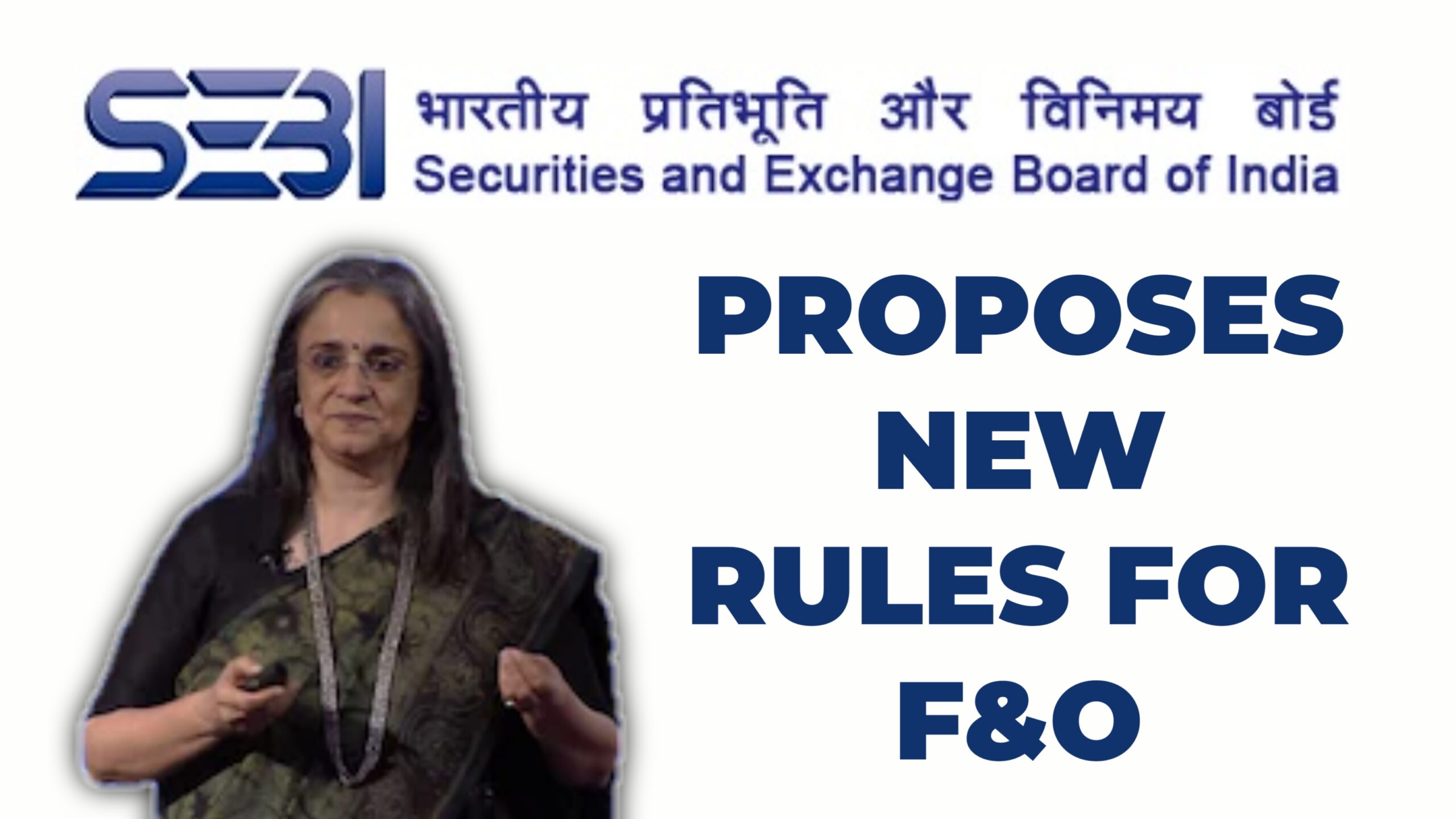SEBI has released a new consultation paper aimed at reducing speculation in the Futures and Options (F&O) trading market. These proposed measures are meant to make trading safer and less risky especially for retail investors. Let’s take a look at the five key measures SEBI is proposing to curb retail participation in the F&O market.
Table of Contents
What is SEBI?
SEBI stands for the Securities and Exchange Board of India. It is the regulator for the securities market in India. SEBI’s main job is to protect the interests of investors in stocks, bonds, and other securities. It ensures that the stock market operates in a fair and transparent manner. SEBI sets rules for companies, stock exchanges, and investors to follow. It also monitors and investigates any wrongdoings in the market. By doing this, SEBI helps maintain trust and stability in the Indian financial markets.
5 Key Measures Proposed by SEBI
1. Increasing the Minimum Contract Size
One of the major steps SEBI is taking is to increase the minimum contract size for F&O trading to 20 lakhs. Currently the size is between 5 to 10 lakhs. This increase means that it will be more expensive for retail investors to trade in the F&O market. In six months this minimum contract size could go up even further to 25 to 30 lakhs.
2. Limiting the Number of Strike Intervals and Strikes
SEBI is also proposing to limit the number of strike intervals and strikes available for trading. Strike intervals are the price levels at which options can be bought or sold. For instance if the index is at 100 the strike intervals will be set at smaller steps up to 4 percent on either side of the index. After that the intervals will become larger. Additionally the number of available strikes will be reduced from 35 on either side of the index to 50 total strikes. This will be adjusted daily by the regulator if the proposal is approved.
3. Requiring Upfront Margins for Option Trading
To avoid giving extra leverage to clients during intraday trading and to discourage the practice of allowing positions beyond the collateral, it is important for Trading Members (TM) and Clearing Members (CM) to collect the options premium upfront from the buyer.
4. Eliminating Calendar Spreads on Expiry Days
SEBI is also planning to do away with calendar spreads on expiry days. A calendar spread involves taking a position in the current month and another position in the next month. This used to have a lower margin requirement. By removing this option on expiry days SEBI aims to reduce speculative trading and arbitrage opportunities.
5. Rationalizing Weekly Options Contracts
Lastly SEBI is proposing to rationalize weekly options contracts. Currently different stock exchanges offer multiple weekly options contracts. For example NSE has three products and BSE has two. SEBI wants to limit this to one weekly options contract per exchange. This means there will be only two weekly expiries one from NSE and one from BSE.
ALSO READ – What is the simple difference between Trading and Investing?
The Bottom Line
SEBI’s proposed measures are designed to make the F&O market less risky and reduce excessive speculation. While these changes might make trading more expensive and challenging for retail investors they aim to create a safer trading environment. However there are concerns that these measures could push investors towards other types of trading which might create new challenges in the market.
By understanding these proposed changes retail investors can better prepare for the potential impact on their trading activities. It is important to stay informed and make decisions that align with your financial goals and risk tolerance.
What is upfront collection of option premium?
Previously, margins were paid at the end of the day, but now traders must put up the money before making a trade. Clients trading options are now required to provide upfront margins to the stock exchange and Clearing Corporation.
What is TM/CM?
TM stands for Trading Member and CM stands for Clearing Member.

